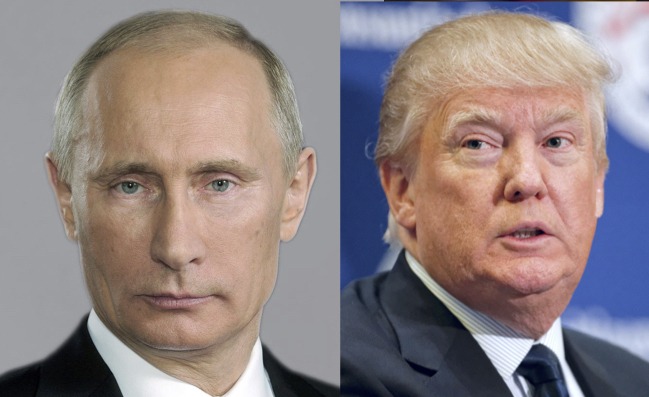Spain arrests Russian hacker; Kremlin claims he’s accused of rigging election for Donald Trump

Authorities in Spain have arrested a Russian hacker today without announcing a specific reason, and in a surreal twist, Russian state-controlled media is subsequently claiming that the hacker was arrested on charges of having rigged the U.S. presidential election. But the real story behind Pyotr Levashov, who was arrested in Barcelona, is far less than clear.
Let’s start with what we do know: Levashov was in fact arrested today in Spain, and authorities from both Spain and the United States are declining to go into any detail about why (source: Reuters). Then we get to the less certain details: Pyotr Levashov is probably the “Peter Levashov” (alias Peter Severa) who is accused of “building some of the largest and most disruptive spam botnets on the planet” (source: Krebs on Security). But then we get into the part where the Kremlin itself is suddenly providing its own spin on today’s arrest.
As Reuters is pointing out in its reporting, Kremlin-funded TV propaganda outlet Russia Today is now claiming Levashov has been arrested under a U.S. warrant, and that the U.S. is accusing him of having been involved in the plot to hack the election. As of now, there are no other news outlets in any nation reporting on this supposed connection. Russia Today’s reporting cannot be taken at face value, but it can serve to give away the Kremlin’s intentions. So it raises the question of why the Kremlin is rushing to finger Levashov in this fashion, when up to now the Kremlin has largely pretended the Russian hacking of the U.S. election never took place.
One possibility that comes to mind is that the arrest has caused the Kremlin to conclude that U.S. authorities are getting very close to proving Russian election collusion, and that the Kremlin now wants to get out ahead of it by acknowledging Levashov was a part of it. His apparent involvement with spambots does line up with the U.S. government belief that Russia spammed pro-Trump “fake news” at U.S. voters online. Another possibility is that Levashov is merely a criminal spammer who is not connected to the election hacking, and now that he’s been arrested anyway, the Kremlin is trying to falsely scapegoat him in order to divert attention from the real election hacking culprits who are still at large.
Although it’s not yet clear what role Pyotr Levashov did or did not play in Russian hacking of the U.S. election, the real story here may be the decision by the Kremlin to instantly tie him to that hacking. There is surely another shoe to drop on this confusing story. Contribute to Palmer Report
